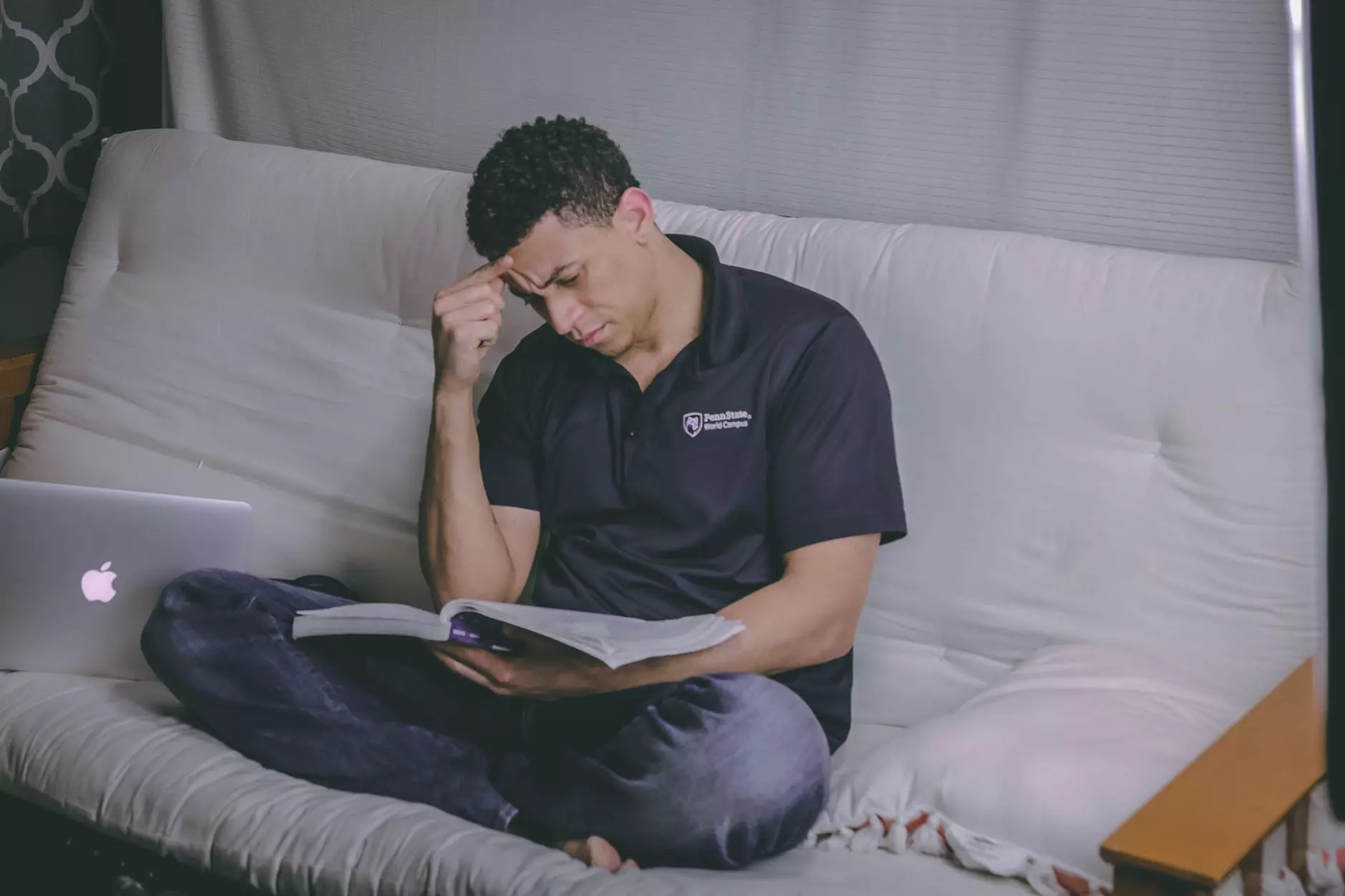How We Can Create a Greater Learning Experience for Dyslexic Pupils
2022-02-10 | By Orcam Staff

Education has been drastically altered over the past 18 months due to the pandemic, and this change is even starker when it comes to young people with dyslexia.
Virtual classes were challenging for every student, but for dyslexic pupils, the challenge was heightened as many lost access to the support they would usually receive to help them learn. Parents also had a greater opportunity to see first-hand how much their child might be struggling and how far ahead their peers were compared to them.
With this being the case, parents with dyslexic children are looking, now more than ever, to find schools and assistive technologies that will provide their kids with a level playing field so that they can reach their full academic potential. I’ve noticed this at my school, Moon Hall, which is a specialist dyslexic school for pupils aged 7-16, where our waiting list for placements is growing at a rate I’ve not seen during my time as Headteacher.
UK Schools for Pupils with Dyslexia
I believe this highlights the increased need across the UK for more specialist dyslexia facilities, as mainstream schools are unable to meet student’s educational needs, as well as increased investment in assistive technologies to enhance independent learning experiences.
While traditional schools have processes in place to help students with learning disabilities, they usually come in the form of separate support functions where pupils leave the classroom to receive intervention from support staff. This model is ineffective because pupils are marked out as different from their peers, which can cause additional anxiety for pupils. It’s also counterproductive as these students miss out on what’s happening in the classroom, meaning that they are often playing catch-up when they return and are not in control of their learning.
At Moon Hall, we chose not to do this. Our class sizes are small so that teachers can spot when students might need extra support and can provide that in the classroom setting. And we’ve also invested in assistive technology and staff that can drive that.
Assistive Technology Changing The Game
Assistive technologies designed for dyslexic pupils have a big role to play in removing the need for additional support – this is better for the school and better for the student as they can take ownership of their learning and build their confidence at the same time.
For example, we recently invested in a new assistive reading technology for our pupils called the OrCam Read, which allows them to instantly hear any full page of printed or digital text the device is pointing at, whenever and wherever they are across the school. This tool means that we can instantly remove many challenges for our pupils in and out of the classroom. In an exam scenario, this kind of technology really shines as pupils are often heavily reliant upon another adult, a reader, or a scribe to help them. By eliminating that need we can take away the additional stress of having to communicate with another person during exams.
Experiencing how successful assistive technology such as the OrCam Read has been with our pupils has led us to take further steps to look at how we can use digital solutions to enhance our pupils’ lives. We now have a digital champion apprentice at the school, whose sole focus is to try and integrate and support assistive technology. As well as this, in September we recruited our first head of department for assistive technology who is tasked with looking at assistive technology throughout the school and how these tools can be used better by both teachers and students.
Children who struggle with dyslexia have had more hurdles to overcome than simply their learning disability and COVID-19 has shone a light on how our education system can hold back some pupils from reaching their full potential. As a nation, we need to be investing in the facilities, infrastructure, and technologies that allow dyslexic people in education to learn with the support and independence that will allow them to thrive. Specialist schools and innovative solutions are paving the way for this and with the right backing, we can create an education system that’s inclusive and allows every pupil to be the best they can be.
If you’d like to find out more about how the students of Moon Hall School are benefitting from assistive technology every single day, come along to the Bett Show on the 23rd of March where Michelle will be speaking on the OrCam stand (NG31) at 11.30 am.
More Stories

Discover the Best 20 Online Havens for Book Lovers | OrCam
2024-05-08 | By Justin Lubomirsky

Best Gift for Blind or Visually Impaired Women. Top Christmas Gift Ideas! - OrCam
2024-03-14 | By OrCam Staff

Dyslexia in Adults: An Advantage, Not a Limitation - OrCam
2024-03-11 | By OrCam Staff

Payment Plan for Your OrCam Device - OrCam
2024-03-07 | By OrCam Staff

Voice-Activated Devices: Revolutionizing Accessibility & Tech | OrCam
Explore the future of voice technology and its impact on daily life. Your journey into a smarter world starts here!
2024-01-30 | By OrCam Staff
.png)
Inclusive Community Guide: Support for the Visually Impaired
Empower the visually impaired with innovative solutions. Learn how your actions can make a meaningful impact.
2024-01-30 | By OrCam Staff



